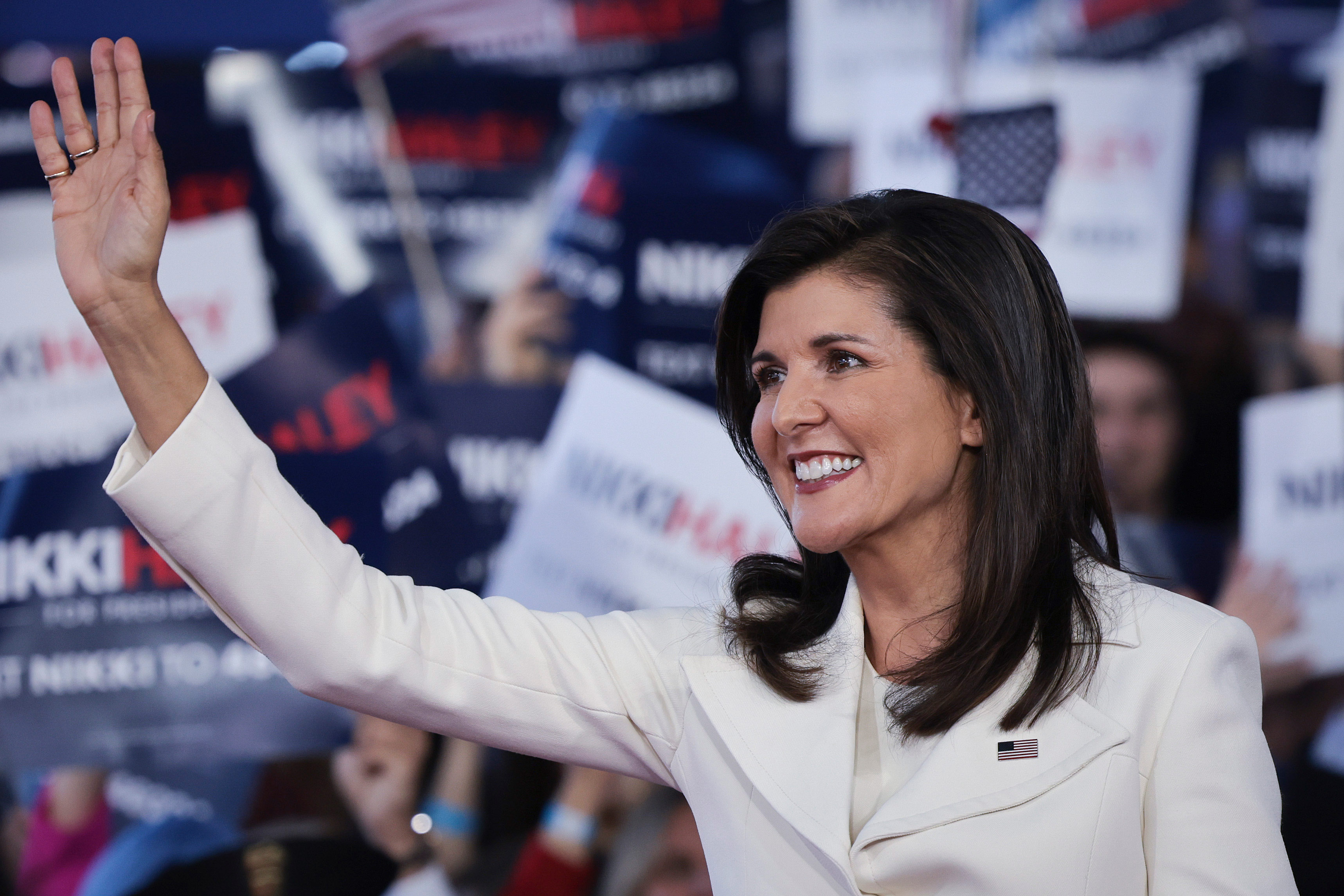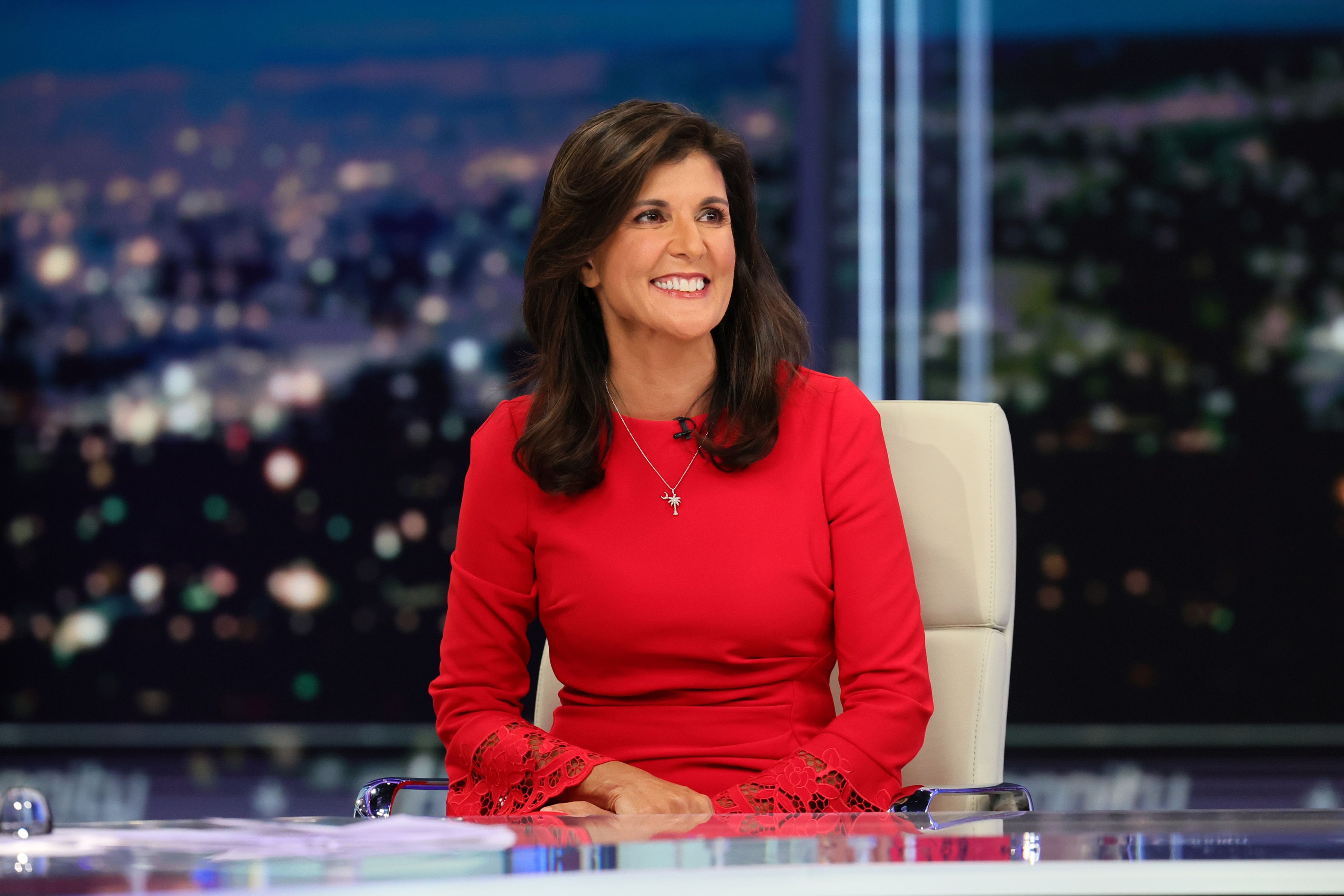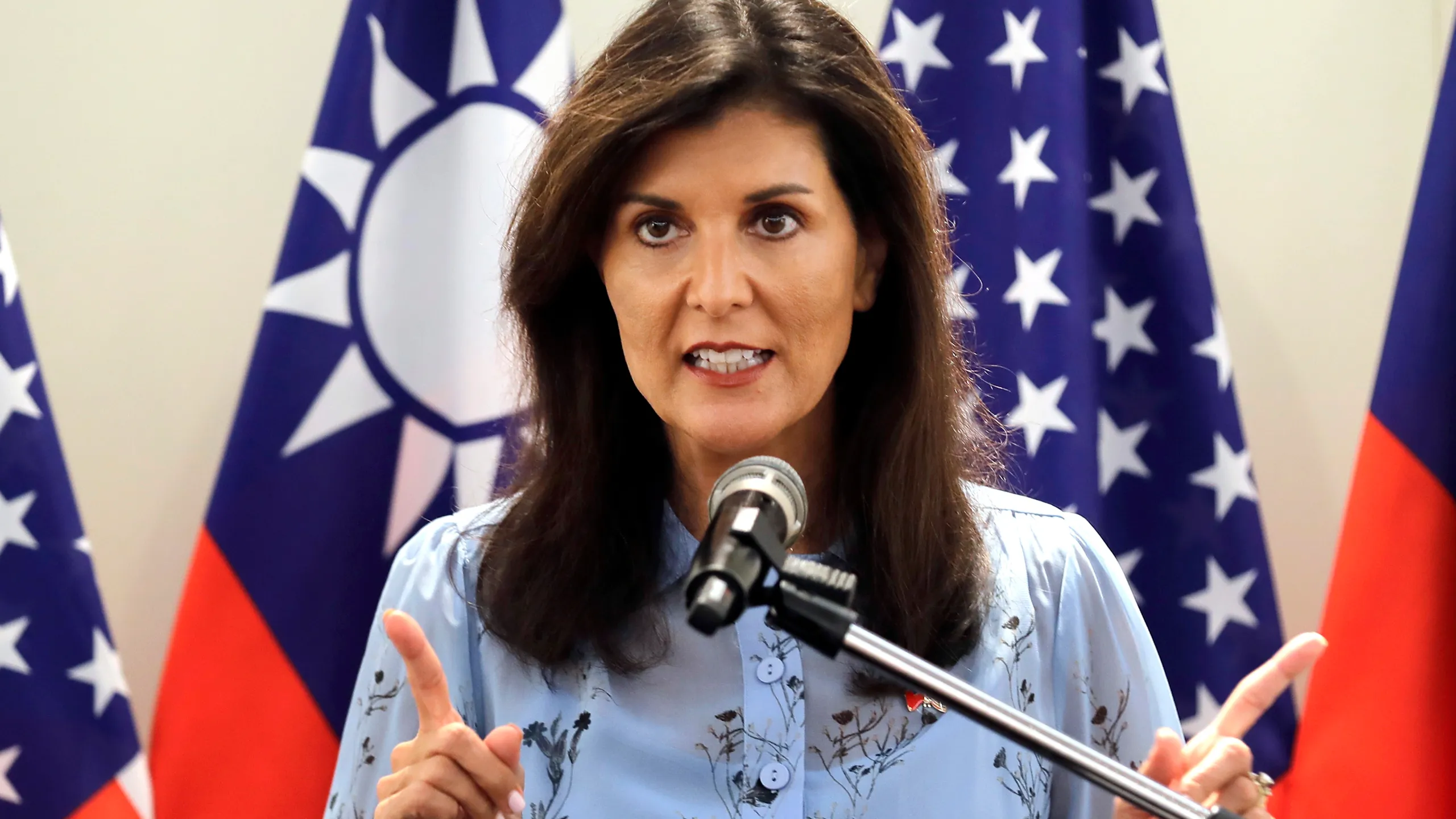Explore the life and political career of Nikki Haley, from her rise in South Carolina politics to her role as U.N. Ambassador and potential future impact on U.S. politics.
Introduction
Nikki Haley, born Nimrata Randhawa, has established herself as one of the most influential figures in American politics over the past decade. From her early days in South Carolina to her pivotal role on the global stage as U.S. Ambassador to the United Nations, Haley has continuously demonstrated a keen sense of leadership, resilience, and political acumen. In this post, we explore her political career, significant accomplishments, challenges, and potential future in U.S. politics.
Early Life and Education
Nikki Haley’s rise to prominence is rooted in her upbringing in Bamberg, South Carolina, where she was born to Indian immigrants. Her parents, who instilled in her a strong work ethic, were both involved in the entrepreneurial world, which influenced Haley’s early exposure to leadership and resilience. Haley’s educational background also played a significant role in shaping her political ideology. She attended Clemson University, where she earned a degree in accounting, setting the foundation for her future public service career.
While studying at Clemson, Haley became more involved in leadership roles, becoming the first woman and the first person of Indian descent to be elected president of her college’s student government. This early leadership experience helped her build the skills necessary for navigating the complex world of politics.
Entry into Politics
Haley’s political journey began in the early 2000s when she decided to take on the challenge of entering the political world. At the time, South Carolina was experiencing political stagnation, and Haley’s decision to run for the South Carolina House of Representatives in 2004 marked the beginning of her ascent. Despite facing an uphill battle and skepticism due to her young age and political inexperience, she managed to secure a seat in the state legislature.
Her time in the South Carolina House of Representatives proved to be formative. Haley championed economic policies that focused on job creation, fiscal responsibility, and limited government. Her political platform, which centered around conservative values, quickly gained traction, helping her build a reputation as a staunch advocate for reform and accountability in government.
Becoming Governor of South Carolina
In 2010, Nikki Haley’s political career took a major leap when she ran for governor of South Carolina. Her candidacy was historic, as she was the first woman and the first person of Indian descent to run for the state’s highest office. Despite facing significant opposition from established political figures, Haley’s message of change, transparency, and fiscal responsibility resonated with South Carolinians. She won the Republican primary and ultimately secured the governorship in 2011, making history with her victory.
As governor, Haley implemented a series of economic reforms that focused on reducing taxes, promoting business development, and improving South Carolina’s education system. Her leadership during the aftermath of the 2015 Charleston church shooting, where she called for the removal of the Confederate flag from the statehouse grounds, further solidified her reputation as a strong and decisive leader. These actions helped Haley gain national recognition and set the stage for her future endeavors.
Serving as U.S. Ambassador to the United Nations
In 2017, Haley was appointed by President Donald Trump to serve as the U.S. Ambassador to the United Nations. This appointment marked a significant milestone in Haley’s career, as she transitioned from state politics to the global stage. As U.N. Ambassador, she played a crucial role in shaping U.S. foreign policy, particularly in areas such as North Korea, Iran, and the Israeli-Palestinian conflict.
Haley’s tenure at the U.N. was characterized by her outspoken defense of American interests and her firm stance on global issues. She was instrumental in pushing for sanctions against North Korea in response to its nuclear weapons program and advocated for the United States’ decision to withdraw from the Paris Climate Agreement. Her diplomatic approach, which emphasized American sovereignty and leadership, earned her respect from both allies and adversaries.

Foreign Policy and Global Leadership
One of Nikki Haley’s most defining characteristics as U.N. Ambassador was her ability to navigate complex global issues while maintaining a firm stance on American values. Her leadership on issues such as human rights, sanctions, and international diplomacy demonstrated her commitment to both protecting U.S. interests and promoting global stability.
Haley was also an advocate for reforming the United Nations, frequently calling out the organization’s inefficiencies and its failure to hold countries accountable for human rights violations. She emphasized the importance of the U.S. as a leader on the world stage and pushed for policies that would enhance America’s global influence. Under her leadership, the U.S. took a more assertive stance in international negotiations, making it clear that America would no longer be a passive player in global affairs.
Challenges Faced During Her Career
While Nikki Haley’s political career has been marked by many successes, she has also faced significant challenges along the way. Her decision to challenge the political establishment in South Carolina was met with resistance, particularly from members of her own party who viewed her as an outsider. However, Haley’s determination and commitment to her principles helped her overcome these obstacles, demonstrating her resilience and ability to navigate difficult political landscapes.
Her tenure as U.N. Ambassador also had its share of challenges, particularly as she worked to balance U.S. interests with the complex realities of international diplomacy. Haley often found herself at odds with other members of the U.N., particularly when advocating for policies that went against the interests of some of America’s allies. Despite these challenges, she remained a vocal advocate for American values and principles, earning respect for her unwavering stance.
Leadership Style and Philosophy
Nikki Haley’s leadership style is characterized by her strong principles, pragmatic approach to problem-solving, and ability to bring people together across party lines. Throughout her career, she has emphasized the importance of collaboration, while also maintaining a firm stance on issues she believes are crucial to the nation’s future.
Haley’s leadership is also marked by her focus on results. She has consistently sought to implement policies that have a tangible impact on the lives of everyday Americans, whether through tax cuts, job creation, or reforming government programs. Her practical approach to leadership has made her a highly effective politician, capable of achieving meaningful change within the systems she operates in.
Potential Presidential Candidacy
Given her political experience, national recognition, and strong conservative credentials, many have speculated that Nikki Haley may run for president in the future. As of now, Haley has not confirmed her intentions, but her popularity within the Republican Party and her ability to navigate complex political situations have made her a potential contender for the White House.
If Haley decides to run for president, she would likely position herself as a candidate focused on economic growth, national security, and American sovereignty. Her foreign policy experience, particularly at the United Nations, would also make her a strong voice on the global stage. Additionally, her status as a woman and a person of Indian descent could help her appeal to a diverse electorate, making her a unique and compelling candidate in the 2024 presidential race.
Impact on the Republican Party
Nikki Haley’s impact on the Republican Party has been significant, as she has managed to carve out a unique position within the party. While she shares many of the same conservative values as her Republican colleagues, Haley has also demonstrated a willingness to break from the party line when she feels it is in the best interest of the country. Her pragmatic approach to politics and her focus on results have helped her build a reputation as a leader who is not afraid to challenge the status quo.
Haley’s leadership within the Republican Party has also made her a key figure in the party’s future. Her ability to appeal to a broad range of voters, from traditional conservatives to more moderate Republicans, has positioned her as a potential bridge between different factions within the party. As the Republican Party continues to evolve, Haley’s influence will likely play a key role in shaping its future direction.

Haley’s Legacy: What Comes Next?
Looking ahead, Nikki Haley’s legacy is likely to be one of strong leadership, principled decision-making, and a commitment to American values. Whether she decides to pursue a presidential campaign or continue serving in other capacities, her impact on American politics will be felt for years to come. Haley’s ability to navigate the complexities of both state and global politics, while staying true to her principles, makes her a unique and influential figure in the modern political landscape.
In conclusion, Nikki Haley’s career has been a testament to the power of determination, leadership, and vision. From her beginnings in South Carolina to her role on the world stage as U.S. Ambassador to the United Nations, Haley has proven herself to be a formidable force in American politics. As she continues to shape the political discourse, her influence will undoubtedly continue to grow, making her one of the most important figures in the Republican Party and American politics.
Read also: Winter Storm Warning: What You Need to Know





